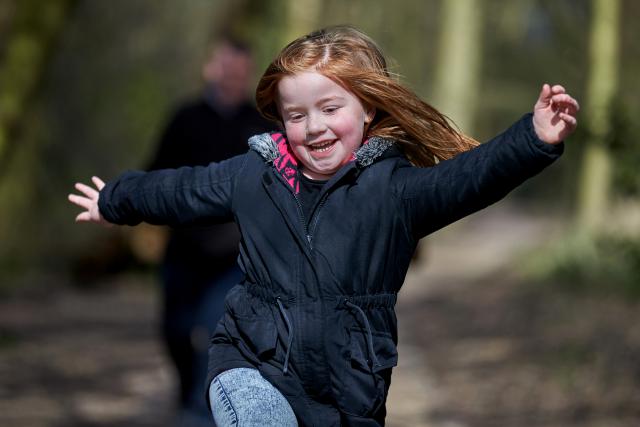Severe obesity in Year 6 children climbs to record high for fourth year
October 14, 2019 - 11:52The latest data from the National Child Measurement Programme (NCMP), overseen by Public Health England (PHE), also shows inequalities are worsening, with obesity in the poorest areas more than double that of the richest areas.
The NCMP found:
- The proportion of overweight and obese children in Reception Year (aged 4-5 years) has increased from 22.4% the previous year to 22.6% (equal to 135,020 children);
- The proportion of overweight and obese children in Year 6 children has remained stable at 34.3% (equal to 205,923 children);
- In the most deprived areas, 13.3% of children in Reception Year are obese, compared with 5.9% in the least deprived;
- In Year 6 overweight and obesity prevalence is 26.9% in the most deprived areas compared with 11.4% in the least deprived; and
- Severe obesity is almost four times higher in the most deprived areas compared with the least deprived areas for Reception;
- For Year 6, obesity prevalence is more than four times higher for children in the most deprived areas compared with those in the least deprived areas.
Jo Churchill, Public Health Minister said: “This data highlights once again how important it is for us to tackle childhood obesity, which has a devastating impact on the health of our children.
“This problem has been decades in the making but we can turn this around. Our world leading childhood obesity plan will help all families by making the healthiest choice the easiest choice, whether at home, at school, or at play.
“We are working with councils to tackle child obesity locally through new and ground-breaking programmes, cutting large amounts of sugar from food and soft drinks, and investing millions to give children opportunities to exercise in schools.”

